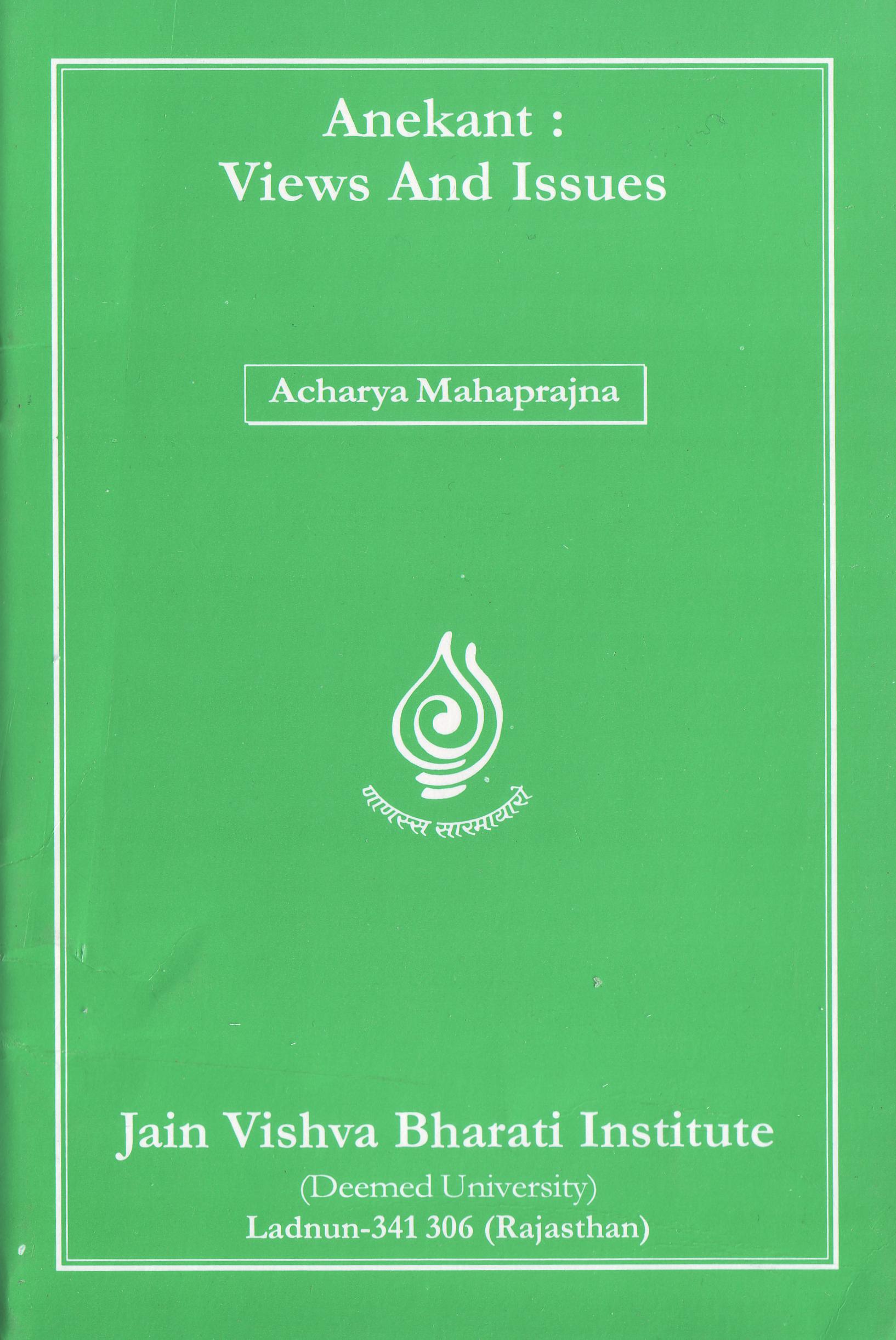Variedness is a part of human nature. Even tastes and ideas differ from person to person. Nor is ordinary behavior identical. There are a number of languages and sects. To keep them all united democracy follows the principle of equality of fundamental rights. Democracy does not divide people on the basis of inequality. On the other hand, it seeks to forge unity among diverse groups on the basis of equality.
Democracy cannot project a glorious image without balancing the claims of diversity and unity. The philosophical basis of this balancing system is Anekānta. According to Anekānta nothing is altogether disparate or identical. A general characteristic lends identicality to things and a specific characteristic makes them disparate. Absolute insistence on identicality destroys usefulness, for then individual specific characteristics cannot be put to use. Absolute insistence on disparateness makes things devoid of their basic generality. It is for this reason the Anekānta posits the following:
An object is perhaps identical - from a certain point of view all objects are identical.
An object is perhaps disparate - from a certain point of view all objects are disparate.
Unity can be strengthened on the basis of identicality. Disparateness can be used to utilize an individual's specific qualities. Therefore, it is necessary to know the limitations of both identicality and disparateness. A mechanical insistence on identicality robs a nation of its meritorious and talented people. An absolute insistence on disparateness becomes the cause of a nation's disintegration. Therefore, there is need to develop a philosophy which balances and harmonizes identicality and disparateness. Unity involves belonging to a common geographic region. No one who lives within that region can be discriminated against in terms of their need for food, clothing, housing etc. Everyone enjoys an equal opportunity to develop. It is on this basis that everyone in a democracy has the right to become President, Prime Minister etc. What limits this right is individual excellence or quality. High offices can be manned only by those people who have a highly developed intellectual and administrative competence. Nature has plenty to offer. A democracy can be given a healthy base only by appreciating reality of both indeticality and disparateness.
Jayacharya, the fourth Acharya of the Swetambar Jain Terapanth Order, applied a harmonious combination of the general and the specific on the basis of Anekānta in dealing with the Terapanth Religious Order. As a result the Order kept progressing constantly and avoided being embroiled in mutual conflicts. The above positive viewpoint remains an ideal to this day. Once Jaiprakash Narayan told AcharyaTulsi, "Your Order is a perfect example of socialism. What is needed is that it should now percolate down to each individual throughout society."
 Acharya Mahaprajna
Acharya Mahaprajna

